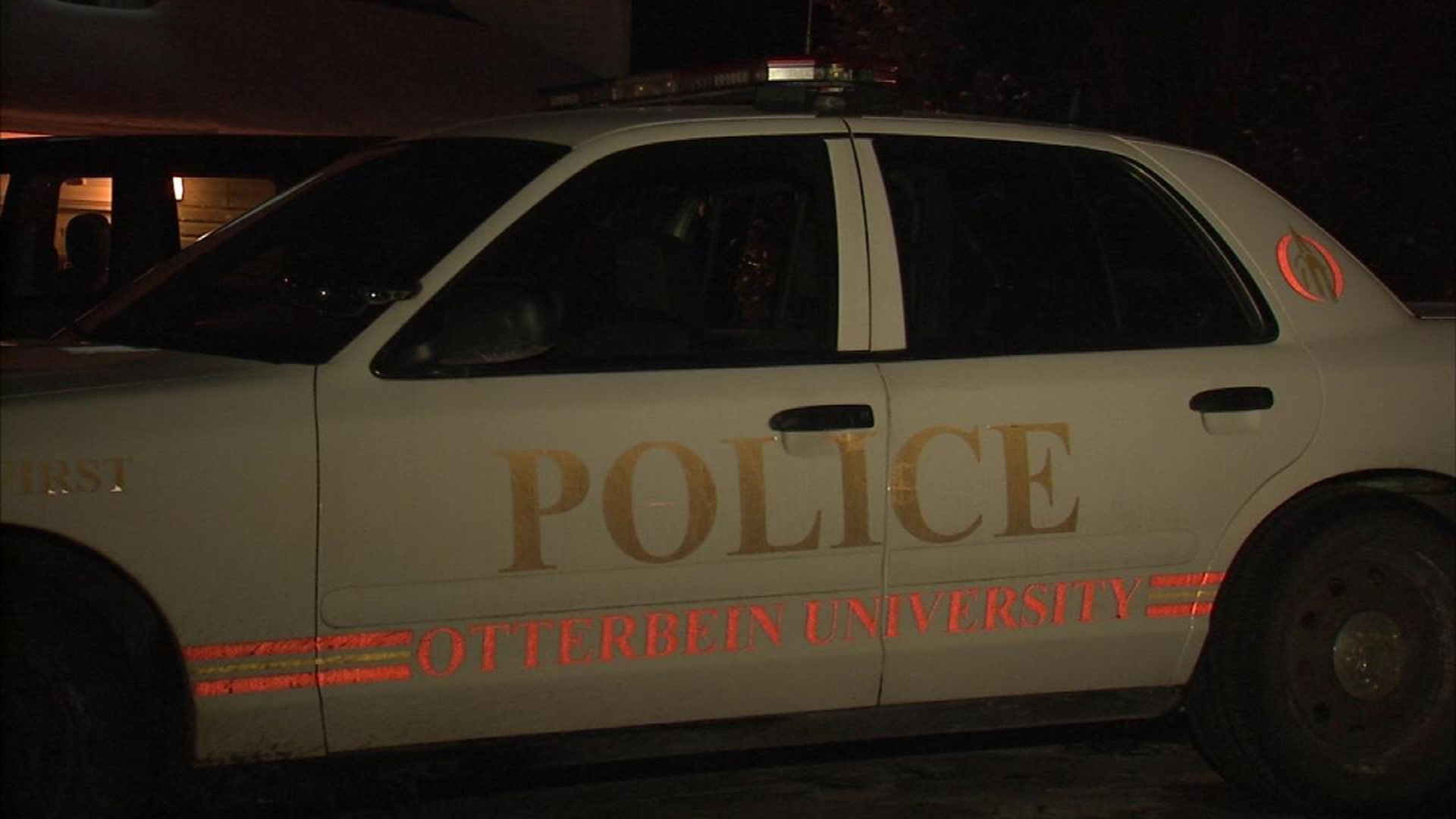Thousands of police officers across Ohio are trusted with the highest authority to use deadly force and make arrests.
As it stands now, more than 800 of them are shielded from the public, by law.
In Central Ohio, private police work for Capital, Denison, Ohio Wesleyan and Otterbein Universities. They may go public if a new bill becomes law.
Under law, a public police department, like Columbus Police or The Ohio State University Police, must turn over records when requested. A few exceptions can be made when the case is still under investigation or when there is sensitive information about a victim. But, there are plenty of other private institutions that don't have to play by the same rules.
Typically, when a crime happens, police respond and a report is filed. When that police agency is private, like at Otterbein University, that information can be kept quiet.
"We believe we're not subject to open records," said Bob Gatti, Vice President Dean for Student Affairs at Otterbein University.
Gatti says he's spoken to other private schools with police departments, including those at Denison, Capital University, and Ohio Wesleyan, and tells 10TV they all share in a concern for the small size of the school and the ripple effects of making police records public.
"On our campus, it's likely that they're going to sit in class with that person and may live in the same residence hall with that individual, and they will know some pretty graphic details about what happened to that individual," said Gatti.
However, State Representative Heather Bishoff, D-20th District, says that's not the case.
"Information allows us to protect Ohioans," said Bishoff. She says her new bill would even the playing field.
"We all have the benefit of that information so we can safeguard our families, make choices in our communities," said Bishoff.
Bishoff says the bill's origins came from a battle waged on Otterbein's campus last year between the campus paper and the police department. The paper wanted records of a crime committed.
"We receive emails and texts and stuff, when something like that does go down," said Otterbein University sophomore Caitlyn Rahe.
Rahe says she remembers that struggle and, despite the electronic warnings, wants more transparency to protect herself.
"I would definitely want my school to be able to give me that kind of information, especially at a public school, if they already do that kind of thing," said Rahe.
Bishoff says her bill would affect more than just private university police departments. She says it includes private hospital police, rail road police, and even bank police.
Bishoff says the bill is still being worked on by interested parties before appearing before committee.
Lawmaker Calling For Private Police Departments To Increase Transparency
An Ohio representative wants to make private police departments release records that are kept secret from the public.

